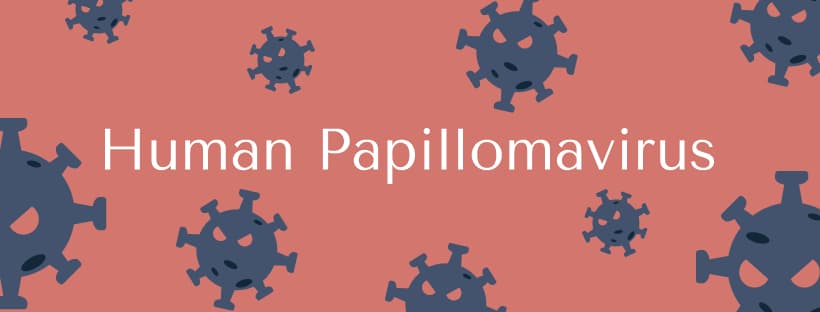1. Quit the use of tobacco
According to a recent 2020 study by the Indian Council of Medical Research, 27% of India’s cancer cases are caused due to regular use of tobacco. Apart from the widely known risk of lung cancer, tobacco use also causes cancers of the mouth and throat, voice box, oesophagus, stomach, kidney, pancreas, liver, bladder, cervix, colon and rectum, and even a type of leukaemia. Exposure to secondhand smoke can also be damaging to your lungs. The good news is that stopping smoking and other tobacco use can play a significant role in preventing cancer. A CDC report reveals that your risk of lung and cervical cancer drops by half within 10-15 years of quitting smoking. Furthermore, within 20 years, your risk of getting cancer of the mouth, throat, voice box, or pancreas becomes close to zero.
What should you do: Quit smoking and other tobacco use today. Talk to your healthcare provider if you require help in quitting. Secondly, non-smokers should avoid inhaling secondhand smoke as much as possible.
2. Maintain a healthy weight
Being overweight and obese increases the risk of many health issues, including cancer. It has been linked with cancers of various organs such as the oesophagus, gastric cardia, thyroid, pancreas, colon, rectum, endometrium, prostate, gallbladder, and breast. The increased levels of insulin and sex hormones such as estrogen and androgens and chronic inflammation during obesity contribute to the development of cancer in the body. Reducing body fat can help normalise the hormone levels and inflammation, thus reducing your risk of cancers such as breast cancer, endometrial cancer and more.
What should you do: Assess your fat percentage using a BMI calculator.
- For women between 20-29 years, BMI between 22.8%-27.1% is considered poor and over 27.2% is dangerously high.
- For women between 30-39 years, BMI between 24.7%-29.2% is considered poor and over 29.2% is dangerously high.
- For men between 20-29 years, BMI between 18.7%-23.1% is considered poor and over 23.2% is dangerously high.
- For men between 30-39 years, BMI between 21.4%-24.9% is considered poor and over 25% is dangerously high.
If the values are above the recommended numbers, consult your healthcare provider to chart out an appropriate exercise and diet plan to bring down your weight to a healthy level.
3. Limit alcohol consumption
Regular and heavy consumption of alcohol seems to be associated with cancers of the female breast, liver, mouth, throat (pharynx and larynx), oesophagus and bowel. Heavy drinkers can also put themselves at the risk of developing stomach cancer. The ethanol in alcoholic drinks metabolises acetaldehyde, a carcinogen. This toxic chemical can damage DNA, proteins and lipids in the body. Chronically excess alcohol consumption also inhibits our cells from repairing this damage, thus allowing cancer cells to grow. Other carcinogenic contaminants present in alcohol include asbestos fibres, phenols, and hydrocarbons.
What should you do: Limit your alcohol intake to approximately 14 units per week. Nothing like it if you can stop it altogether.
4. Stay physically active
You may have read that exercising is a solution to many health problems. And rightly so, it is known to have positive health effects on the body. Exercise helps control many body imbalances that are known to increase the risk of cancer. It helps reduce the weight that, in turn, normalises the sex hormone levels and insulin levels, reduces inflammation and improves the functioning of the immune system. Regular exercise can help maintain a healthy weight and prevent obesity, a known risk factor for many types of cancer.
What should you do: Ensure 150 minutes of exercise per week. It can be a combination of cardiovascular and strengthening exercises.
5. Add colour to your diet
Going by the phrase, "you are what you eat", your diet can make a difference to your health. Cancer researchers have found that consuming plant-based foods such as fresh fruits and vegetables can prevent cancer. They can provide an optimum amount of nutrients needed for various bodily functions. The antioxidants promote cell damage repair, and vitamins, minerals, phytochemicals, and fibre reduce cancer risks. There has been growing evidence about the association between heavily processed meats and cancer. Heme iron is naturally found in meats and linked to colon cancer. The other two chemicals that form during meat processing can also be carcinogenic. It does not mean you should completely stop animal-based foods. They have their benefits when consumed in their unprocessed form.
What should you do: Eat a balanced plant-based diet and reduce the consumption of processed meat, red meat, and refined and junk foods.
Conclusion
If you thought cancer prevention involved complex processes, we hope this comprehensive blog proved otherwise. The lifestyle changes mentioned above may seem too simple, but if you implement and sustain them, you can go a long way in your health journey. Diet, exercise and quitting harmful habits are all you need to safeguard yourself from cancer and chronic lifestyle diseases.
Disclaimer: This information is educational and should not be construed as medical advice. Please consult your doctor before making any dietary changes or adding supplements.
Proactive For Her is a digital clinic for women, offering accessible, personalised, and confidential healthcare solutions. We offer outpatient care, diagnostic services and programs for various health concerns of Indian women, across their lifetime - from puberty to pregnancy to menopause.

